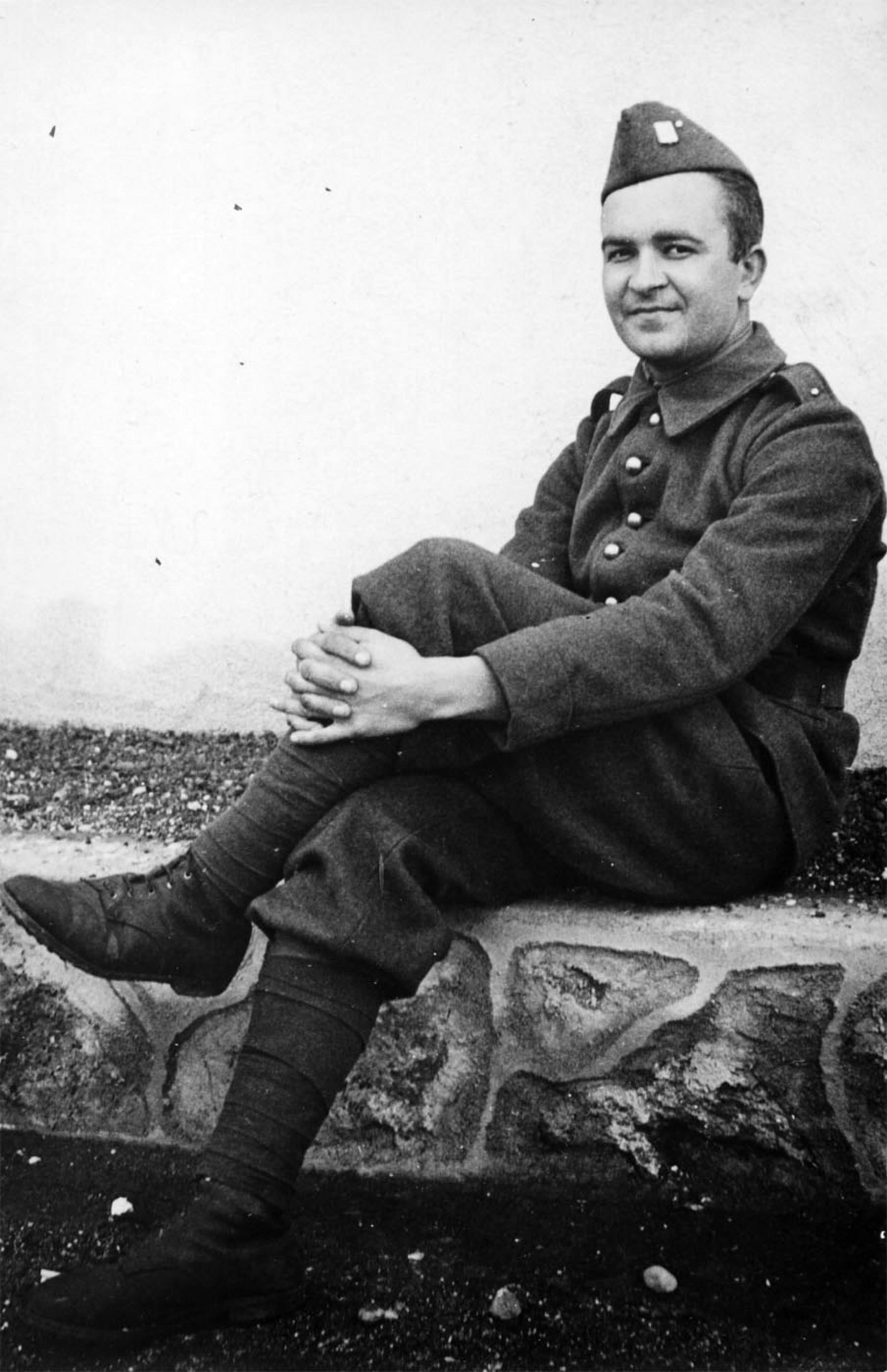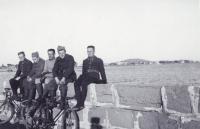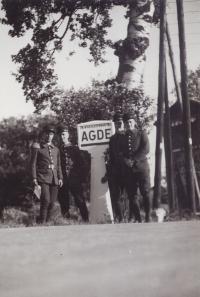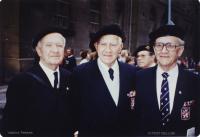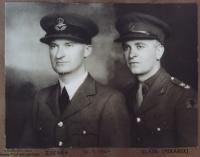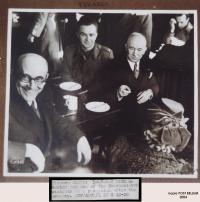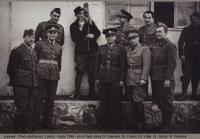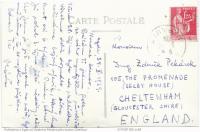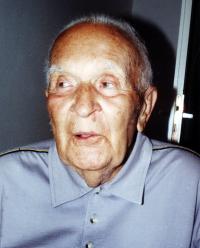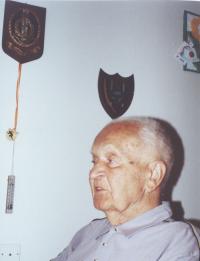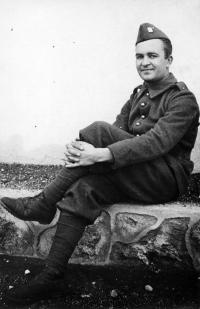“Don´t take anything seriously. Take it as it is. When there is some catastrophe, it affects some and it misses others.”
Vladimír Pekárek was born in Brno into a family of a lawyer. He had five siblings, his elder brother Zdeněk served in Britain as a technician in the aviation industry during the war. After his graduation from secondary school in 1938 Vladimír began his studies of medicine. In 1939 he applied for a summer student exchange program in France. However, in October 1939 he was drafted to the newly formed Czechoslovak units and he went through military training. During the occupation of France he served as an assistant nurse. From 1940-1941 he got to Great Britain where he served in an artillery sickbay. In 1941, medical students from Czechoslovakia who had not completed their studies began to study medicine at British universities. Vladimír Pekárek thus graduated in Aberdeen in Scotland. He then served as a doctor in the Royal Army Medical Corps, first in England, later overseas. During the invasion of Normandy he served on the southern coast of England where he treated Allied soldiers wounded during the invasion. After the invasion operations were over, in autumn 1944 he was sent to India and Malaysia as medical staff. He returned to Britain after the war in January 1946 and for several months served in the British army doing medical check-ups of the soldiers leaving the military service. He returned to Czechoslovakia in August 1946. After the war he continued his career as a doctor. He left Prague and moved to Ústí nad Labem. At the present time he lives in a retirement home in Tábor.
